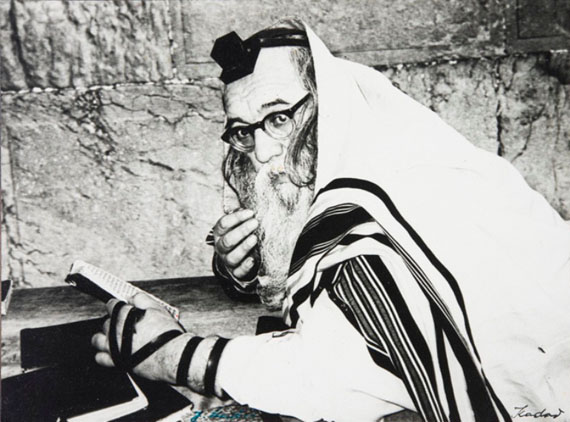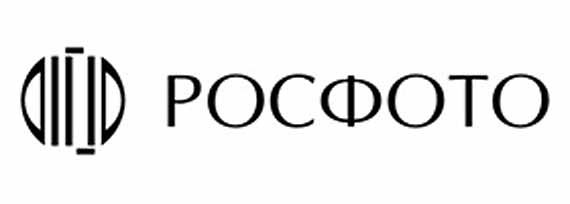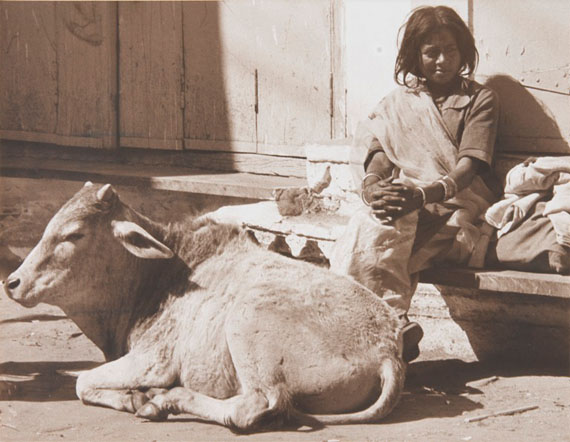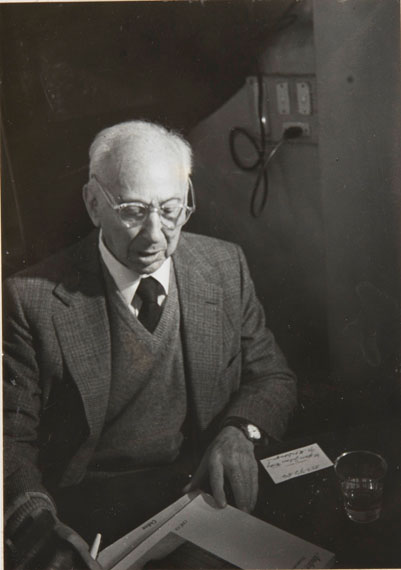
Joseph Kadar »
Jerusalem, India, Portraits.
Exhibition: 5 Mar – 7 Apr 2013
Mon 4 Mar 18:00
ROSPHOTO. State Museum and Exhibition Centre for Photography
ul. Bolshaya Morskaya, 35
191186 Saint-Petersburg

The State Russian Museum and Exhibition Centre ROSPHOTO
ul. Bolshaya Morskaya, 35
191186 Saint-Petersburg
+7-812-3141214
office@rosphoto.org
www.rosphoto.org
daily 11-19, Tue, Thu 11-21

Museum and Exhibition Centre for Photography ROSPHOTO
Ministry for Culture of the Russian Federation
JOSEPH KADAR
Jerusalem (1979), India (1980-87), Portraits (1980-83)
05.03.2013 – 07.04.2013
Opening: 4 March 2013 at 18.00
Front Building Exhibition Hall, 2 floor
State Museum and Exhibition Centre for Photography ROSPHOTO runs a series of exhibition introducing to audience its latest acquisitions. The work of Hungarian photographer Joseph Kadar is represented in ROSPHOTO collection by his series Jerusalem (1979), India (1980-87) and Portraits (1980-83).
Joseph Kadar is known as painter, photographer, graphic artist and sculptor. He was born on 25 July 1936 in Debrecen (Hungary). In 1965-1961 he studied at Hungarian Fine Arts University under Aurel Bernath and Geza Fonyi. In 1939-1954 Kadar lived in Hajduszoboszlo, in 1969 he moved to Paris.
His early Paris period was influenced by Surrealism, Constructivism and, to some extent, Abstractionism. The artist defines 1973 as the start of his “dualism” period, 1984 as the beginning of “horisontalism” period. In 1969 he created his first mail-art objects and first book objects. From 1979 on, Kadar was seriously engaged in art photography. In a series of photographs and photograms he captured impressions of his journeys around Israel, India, Italy, Greece and Spain. These works were highly appreciated by Lucien Hervé, (French photographer of Hungarian descent). At the same time, Kadar started experimenting with electrography. In early 1980s he created art objects with copy machine, also using photographs and elements of collage. In 1985, Kadar left painting to investigate further the methods of photo copying and computer electrography (black-and-white as well as color). He also worked with various un-reproducible techniques (such as three-dimension relief electrography). Kadar is known as art critic and organizer of cultural events including art biennials in Budapest (1992-1994), Berlin (1994), Seoul (1995), Szombathely (1996), Hajduszoboszlo (1997). He edited and published several magazines: Revue d’Art (1984), Hongrois Parisiens (1984), Revue Enveloppe (1992), Electro Graphics (1992).

In 1990 Kadar returned to Hungary. He is the head of Győr graphics biennial and the founder of Hajduszoboszlo Museum of contemporary art. Kadar is the founder of Groupe A–Z uniting the artists working with new electronic media.
Joseph Kadar’s works can be found in museum collections in Hungary, France and Russia.
